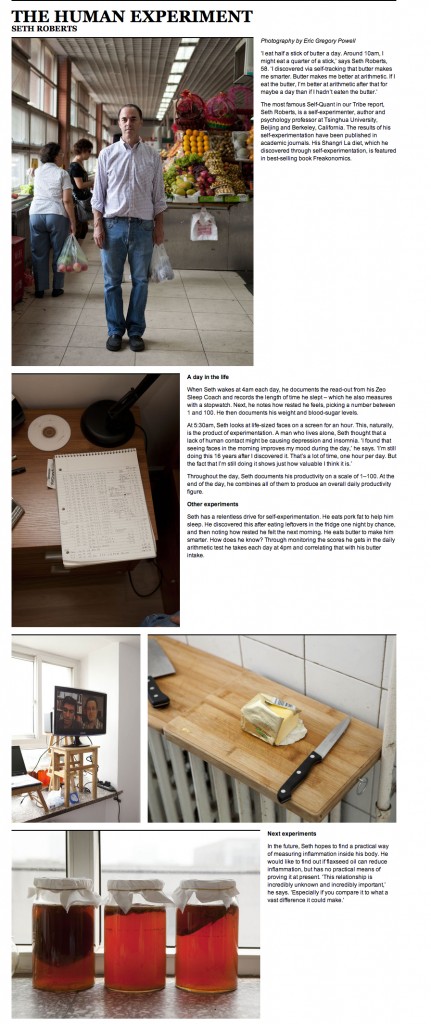In response to allegations that Terry Deacon, a Berkeley professor, plagiarized from Alicia Juarrero, a professor at a community college, UC Berkeley created a website that (among other things) tried to smear Michael Lissack, one of the accusers. Less obvious is that the committee that investigated the allegations ignored their core: The overlap with Juarrero is relentless. It goes on and on. Juarrero explained this to me when I asked her what she thought of the committee report:
I’m disappointed, but not surprised. Not sure what the difference is between “reckless” (which their definition of plagiarism includes) and “negligent” (which they critiqued as a “novel interpretation” of plagiarism). I’ll tell you how my cri de coeur spreadsheet came about: as I read Deacon [Incomplete Nature] I got angrier and angrier, so I decided to start the spreadsheet. The index in my own book [Dynamics in Action] is very bad (my fault, my inexperience) and so I was having a hard time finding the parallel material in my own work. I knew I had said something to that effect somewhere in the book but couldn’t remember where and couldn’t find the entry in my own index. But suddenly, a pattern emerged: All I had to do was read on a few pages or paragraphs further down from the previous “problem,” and there would be the next item. This happened over and over again in huge chunks of the work (which I highlighted to point out the big chunks of seriatim similarities) — it’s the seriatimness (!) that’s so damning and to me, clear evidence this wasn’t just someone who vaguely remembered what I had said in a talk and then reconstructed the ideas for himself. The sheer number and sequential nature of the similarities are just too improbable to be a coincidence, or two people working in the same field. He was quite clever about it. He hid it with neologisms, talking about whole-part instead of top-down causality, insisting that self-organization is not enough (and then turning around in advocating it), etc. And, of course, not discussing intentional action, which is the explicit subject of my book.
The spreadsheet for Dynamics in Action and Incomplete Nature is on my website, www.aliciajuarrero.com. It was the seriatim nature of the parallels that really got to me and made me complain to Norton and UC Berkeley — anyone can discuss two or three of the same authors; or two or three of the same themes, or use two or three of the same examples; but that many, in pretty much the same order? The examples UCB picks (Benard cells, whirlpools) are indeed standard ones and if these were the only ones there would be no case. It’s the cumulative impact that makes the case, in my opinion. The comments that I really object to in the report are “The idea that it is possible to reconceptualize teleology in terms of dynamical systems theory has been discussed and developed by many theorists” and “The connection between ideas about self-organization and ideas from thermodynamics and information theory has been made by many writers in this area…” The UCB report should have cited sources and dates. Simply to state, “is not in our view original to Juarrero…” and “we see no evidence that Deacon’s use… shows any influence of Juarrero’s” simply begs the question.
Re the Kant & Self-organization piece: it’s true that everyone seems to be mentioning Kant in this connection (as if folks commonly read the Third Critique where Kant discusses this stuff). I suspect Deacon got this reference from his buddy Stu Kauffman (I would bet the rent Deacon didn’t read the Third Critique!) — but at least Kauffman included me in his bibliography, if not in the footnotes. But I don’t think Deacon could have afforded to include DiA in the bibliography — there’s just too much of Dynamics in Action in Incomplete Nature – he just hoped no one would catch the parallels with a community college professor who published 10 years ago. As a philosopher I probably would never have read Incomplete Nature — but then I saw the Wall Street Journal review and the ideas sounded awfully familiar…
I’m happy to put the two works side by side and let readers judge for themselves.
How did Michael Lissack get involved?
First contact I had with him was in 2000, when he phoned my house to ask, “Is the phone ringing off the hook because of the book?” My answer: No, it isn’t, who are you? He invited me to give a talk at his ISCE [Institute for the Study of Coherence and Emergence] institute in Boston that year, and then invited me to be on the ISCE board. He also became a one-man publicity campaign for Dynamics in Action, including a long discussion about it with Kauffman, Deacon and Evan Thompson at Esalen in 2003. They spent hours discussing it. Which reminds me: Evan Thompson published a review in Nature in December 2011 in which he explicitly states that Deacon failed to cite him — and me. And Colin McGinn (whom I’ve never met), really lit into Deacon in the New York Review of Books in June 2012. None of this was mentioned in the UCB report, which makes it appear that Deacon’s just the victim of a witch hunt by Lissack, Rubino and me.
ISCE was the publisher for the Rubino-Juarrero anthology on Emergence that’s in question with the Deacon-Cashman article, so I think Michael feels ISCE organization is indirectly compromised by this mess — but it’s mostly that he has never seen a fight he’s run away from.
